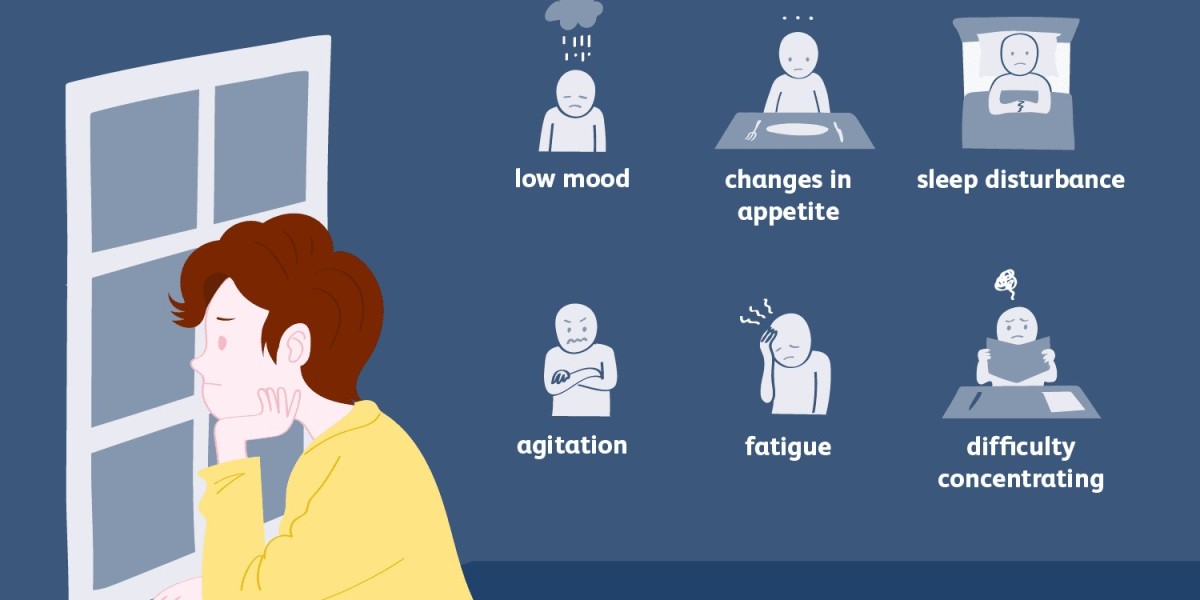Fatty liver disease, also known as hepatic steatosis, is a common yet often overlooked health condition that affects millions of people worldwide. Characterized by the accumulation of fat in liver cells, it can range from a benign, reversible condition to a more serious and potentially life-threatening one. In this blog post, we'll delve into the causes and risk factors associated with fatty liver disease, shedding light on this increasingly prevalent health concern.
What Is Fatty Liver Disease?
Before we dive into its causes, let's briefly understand what fatty liver disease is. Your liver plays a crucial role in processing nutrients and filtering toxins from your blood. Fatty liver occurs when fat builds up in the liver, impeding its ability to function properly. There are two primary types of fatty liver disease: alcoholic fatty liver disease (AFLD) and non-alcoholic fatty liver disease (NAFLD). The former is caused by excessive alcohol consumption, while the latter is unrelated to alcohol intake.
Causes of Fatty Liver Disease
Alcohol Consumption (AFLD): The most well-known cause of AFLD is excessive and prolonged alcohol consumption. Over time, this can overwhelm the liver's capacity to metabolize alcohol, leading to fat buildup.
Obesity and Metabolic Syndrome (NAFLD): The most common cause of NAFLD is obesity, particularly central obesity (excess fat around the abdomen). Metabolic syndrome, which includes factors like insulin resistance, high blood pressure, and abnormal lipid profiles, is closely associated with NAFLD.
Type 2 Diabetes (NAFLD): People with type 2 diabetes are at an increased risk of developing NAFLD. The exact mechanisms linking the two conditions are still under investigation, but insulin resistance likely plays a significant role.
Rapid Weight Loss (NAFLD): Losing weight too quickly can lead to a sudden release of fat into the bloodstream, which can be deposited in the liver.
High Blood Lipids (NAFLD): Elevated levels of cholesterol and triglycerides in the blood can contribute to fat accumulation in the liver.
Medications and Toxins: Some medications and environmental toxins can cause fatty liver as a side effect. These include corticosteroids, tamoxifen, and exposure to certain chemicals.
Risk Factors for Fatty Liver Disease
Several risk factors can increase your likelihood of developing fatty liver disease, including:
Excessive Alcohol Consumption: If you regularly consume alcohol in excessive amounts, you're at risk of developing alcoholic fatty liver disease.
Obesity: Carrying excess weight, especially around your abdomen, increases your risk of NAFLD.
Insulin Resistance: Conditions like type 2 diabetes, metabolic syndrome, and prediabetes can lead to insulin resistance, which is closely linked to NAFLD.
High Blood Lipids: Elevated levels of cholesterol and triglycerides in your blood can increase the likelihood of fat accumulating in your liver.
Rapid Weight Loss: If you've recently lost a significant amount of weight, you may be at risk of developing NAFLD.
Age and Genetics: Fatty liver disease tends to be more common as you age, and genetic factors can also play a role in its development.
Conclusion
Understanding the causes and risk factors of fatty liver disease is crucial for early detection and prevention. By addressing these factors through lifestyle changes, such as maintaining a healthy weight, adopting a balanced diet, and moderating alcohol consumption, you can significantly reduce your risk of fatty liver disease. If you suspect you may have fatty liver disease or are concerned about your risk factors, it's essential to consult with a healthcare professional fatty liver treatment in indore who can provide guidance and appropriate monitoring to protect your liver health. By taking proactive steps, you can safeguard one of your body's most vital organs and promote overall well-being.








